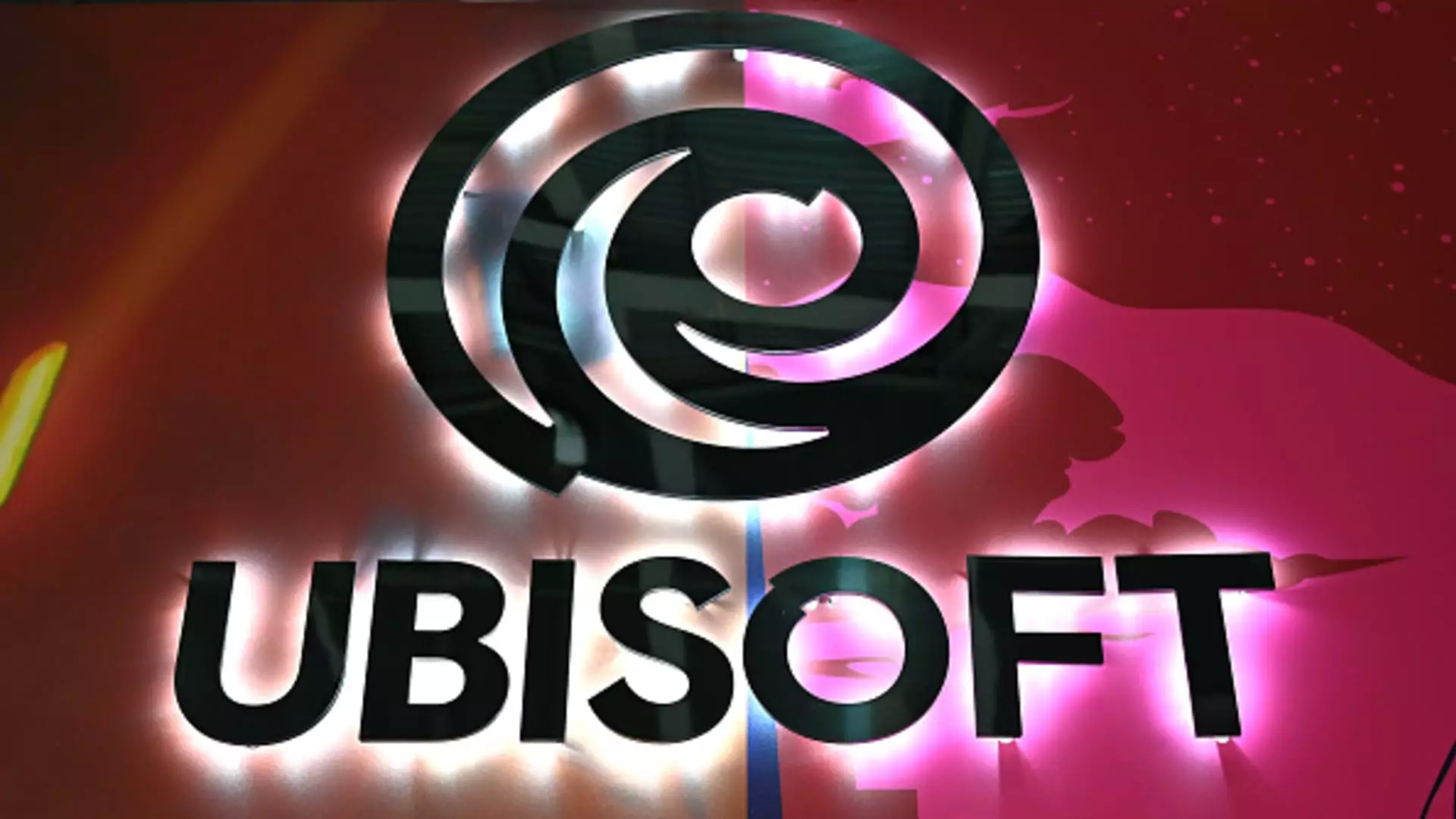In the ever-evolving landscape of the video game industry, few stories capture the attention of investors like that of Ubisoft, the French video game publisher renowned for its blockbuster franchises such as “Assassin’s Creed.” Recently, Ubisoft’s shares saw a remarkable increase of over 30% in a single trading day, spurred by speculation regarding a potential buyout involving Chinese tech giant Tencent and the company’s founding Guillemot family. This article aims to delve into the implications of this buyout speculation, examine the factors contributing to Ubisoft’s recent struggles, and assess the overall state of the gaming market.
The abrupt surge in Ubisoft’s share price underscores a complex interaction between investor sentiment and market dynamics. The reported discussions regarding a strategic partnership between Tencent and the Guillemot family—both of whom hold minority stakes in Ubisoft—reflect a broader concern about the company’s declining market value. This year alone, Ubisoft has lost over half its market capitalization, raising questions about its strategic vision and operational efficiency.
The announcement of a potential buyout has injected a fresh wave of optimism amongst investors, despite the cloud of uncertainty hanging over the company. With shares closing up by 33.5% following the reports, this reaction suggests a strong belief in the viability of a partnership that could potentially stabilize or even rejuvenate one of gaming’s most recognizable names.
Management Challenges and Industry Pressures
Ubisoft’s internal challenges cannot be ignored. The company’s recent decisions, including a significant delay of its anticipated title “Assassin’s Creed Shadows” and a reduction in its revenue guidance, hint at deeper issues within its management structure. In particular, the postponement of high-profile releases due to “softer than expected” demand signals a troubling trend for a studio that historically thrived in the AAA segment.
Adding to the turmoil, activist investor AJ Investments has begun rallying support among other shareholders, advocating for a shift in management. Their strategy hints at a lack of confidence in the existing leadership, which may further exacerbate the company’s struggles. The management’s own acknowledgment of the need for a review of operational execution signifies an awareness of the internal difficulties complicating Ubisoft’s path to recovery.
Gaming Market Landscape
While Ubisoft grapples with its hurdles, the broader gaming market is exhibiting signs of stagnation. Research predictions for the sector’s growth have been markedly tempered, projecting a mere 2.1% increase for 2024. This deceleration starkly contrasts the explosive growth seen during the pandemic, where many companies experienced record highs. Analysts, such as James Lockyer from Peel Hunt, have pointed out that shifting consumer interests—resulting in players spending more time on established titles rather than new releases—have created a challenging environment for publishers.
With a plethora of gaming options now available, exacerbated by financial constraints faced by consumers, Ubisoft is not alone in experiencing pressures on revenues. The increased competition has effectively diversified gamers’ attention and budgets, resulting in weaker financial returns for new titles.
As discussions about a potential buyout unfold, the future of Ubisoft hangs in the balance. The collaboration between Tencent and the Guillemot family could signal a shift towards a more aggressive strategy, potentially enabling the company to innovate and diversify its portfolio more effectively. However, this possibility must contend with underlying operational issues and the volatility of current market conditions.
Concurrently, the activism from investors advocating for structural change may compel management to adopt a more responsive strategy, possibly leading to quicker decisions on game development and portfolio management. As such, Ubisoft finds itself at a crossroads, where the decisions made in the coming months could either catalyze a dramatic turnaround or lead to further decline.
While the surge in Ubisoft’s stock presents an optimistic narrative, it is essential to approach the situation with a critical lens. Investor confidence is ephemeral, and for Ubisoft to navigate these turbulent waters successfully, it must address its internal challenges while adapting to the broader gaming market landscape. As the industry continues to shift, the stakes for Ubisoft—and by extension, its shareholders—could not be higher.


Leave a Reply